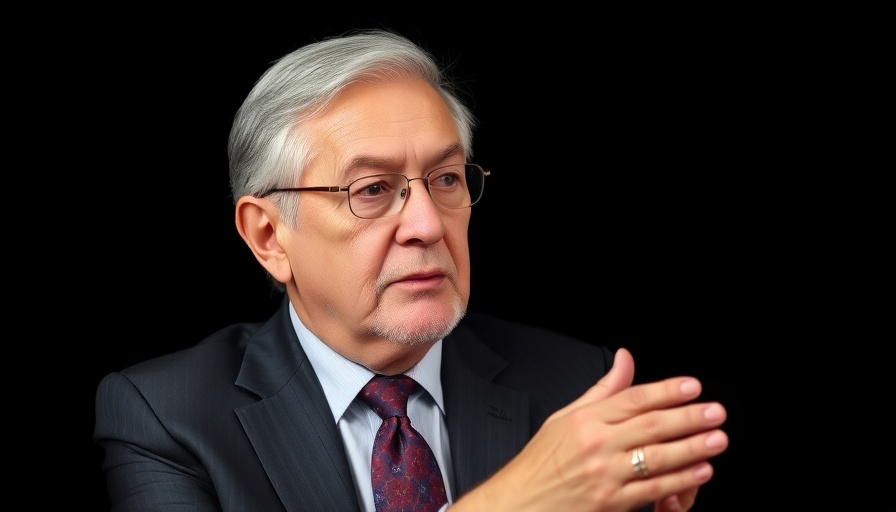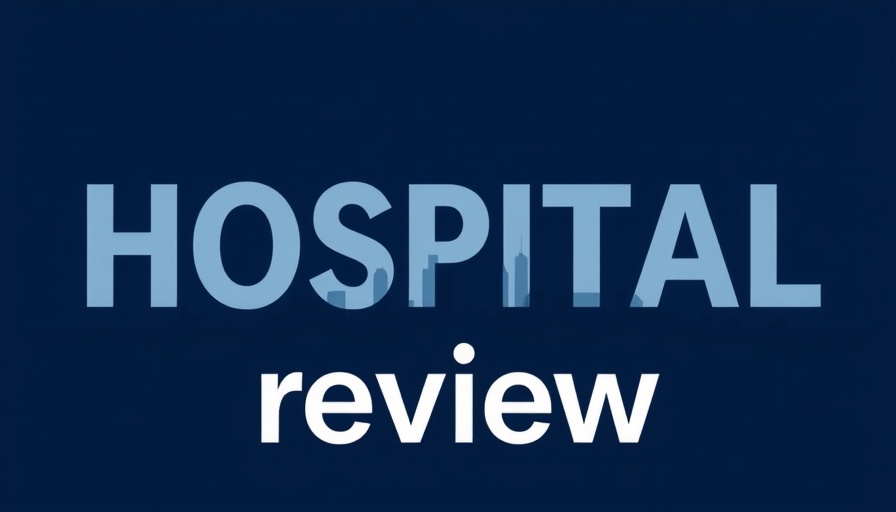
A Closer Look at RFK Jr.'s Vaccine Injury Reforms
Robert F. Kennedy Jr. (RFK Jr.) recently made headlines with his promise to reform the National Vaccine Injury Compensation Program (VICP), a move that echoes sentiments shared among anti-vaccine advocates. His claims center on perceived inefficiencies within the program and the lack of adequate support for families impacted by vaccine-related injuries. With a substantial portion of the public expressing hesitancy towards vaccinations, his push garners attention in a climate where healthcare professionals are advocating for evidence-based practices to restore trust in vaccines.
The Historical Context of Vaccine Skepticism
Understanding RFK Jr.'s appeal requires a dive into the historical context surrounding vaccination programs. Over the decades, vaccines have successfully eradicated diseases like smallpox and drastically reduced outbreaks of others. Nevertheless, various incidents, including misinformation campaigns and isolated cases of severe reactions, have fueled skepticism. This environment challenges healthcare providers to reaffirm their commitment to the principles of evidence-based practice while addressing public fears empathetically.
The Value of Transparency in Medical Policy
As RFK Jr. advocates for reform, the importance of transparency in medical policy cannot be overstated. Addressing concerns about the VICP demands a thorough understanding of its operational framework. Critics argue that the program lacks adequate communication regarding how claims are processed and the criteria for compensation decisions. This lack of clarity may deepen distrust among those considering the safety and efficacy of vaccines. For healthcare providers, investing in clear dialogue about how policies protect patients against potential vaccine injuries is crucial for rebuilding trust.
Counterarguments: Upholding Science in Public Health
While RFK Jr.'s voice represents a faction of the population concerned about vaccine safety, many healthcare experts passionately counter that vaccination remains a public health cornerstone. Vaccines have consistently proven effective in preventing severe illnesses and mortality caused by infectious diseases. Healthcare professionals face the challenge of balancing these scientific truths with addressing emotional narratives spun by vaccine critics, ensuring that informed consent bases public discourse.
Building Bridges Between Skeptics and Healthcare Providers
A vital aspect of navigating the vaccine conversation involves engagement and education. Providers are encouraged to utilize insights from clinical research updates to counteract misinformation while remaining sensitive to patients' fears. By introducing evidence-based discussions that highlight the benefits of vaccination and the risks of disease, healthcare providers can help reduce hesitancy and foster trust within skeptical communities.
The Future of Vaccine Advocacy
Looking ahead, the exchange concerning vaccine injuries reflects broader issues in healthcare, including the necessity for reform and innovation in public health messaging. As healthcare reform discussions continue, the role of education in addressing concerns will be more important than ever. Providers must adapt to new strategies that align with ongoing healthcare innovations, focusing on patient-centered care to navigate the complexities of vaccine acceptance.
Clinicians must seize the opportunity to drive constructive conversations about vaccines while fostering a safe space for doubts. In this evolving landscape, engaging with patients, understanding their concerns, and addressing them proactively could hold the key to harmonizing public health goals with patient apprehensions.
 Add Row
Add Row  Add
Add 




Write A Comment